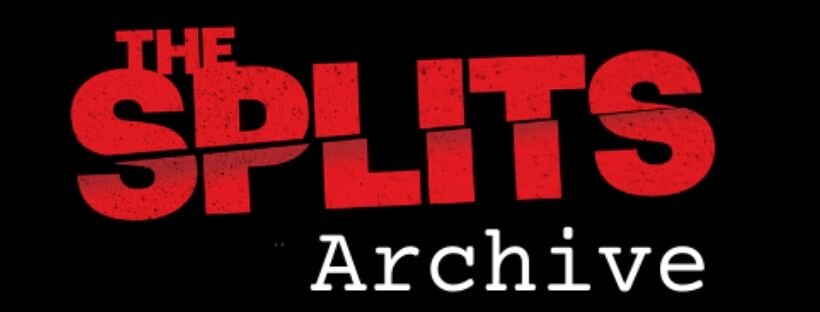Zombies & fine writing - Colson Whitehead's Zone One
When I first set out to write a zombie novel I decided not to read any to avoid accidentally copying them.
The exception was Colson Whitehead's Zone One - I just couldn't resist reading the first few pages.
I nearly closed my computer and gave up there and then. I thought if that's a typical zombie novel I might as well not bother! The genre is well and truly catered for.
After I'd done with my book I finally read Zone One all the way through, and one thing became clear - it is not a typical zombie novel.
It does not skimp on the familiar elements - there's the first day of the outbreak, the lone survivor on the run, the satisfying violence against the (denatured) human form, the post-apocalytic society. But it uses these to craft what is almost a prose-poem. Whitehead's sentences are up there with the greatest writers the US has ever produced.
The main character is nicknamed Mark Spitz. He is a mediocrity by his own admission who has paradoxically flourished in the era of the 'skels', as the zombies are called. He provides a mournful, meandering account of how the world has changed.
This slow narrative is punctuated by powerful shocks however, as he recalls the old world - our world - through the lense of the post-apocalypse.
In places it's sharply funny - Mark Spitz gets into a spot of bother with the zombies in the Human Resources department of an office he is clearing as part of his job with the recovery effort. In others it is tragic. Mark Spitz can't forget a woman called Mim, and I couldn't either.
Whitehead's plague creates a social class cohered by trauma, which again speaks to our present. At the same time he shows the old power structures still gasping and wheezing and try to resurrect themselves.
Once I finished Zone One I sighed with relief. It isn't the final word on zombies. It's actually a symptom of the genre's ongoing health.
